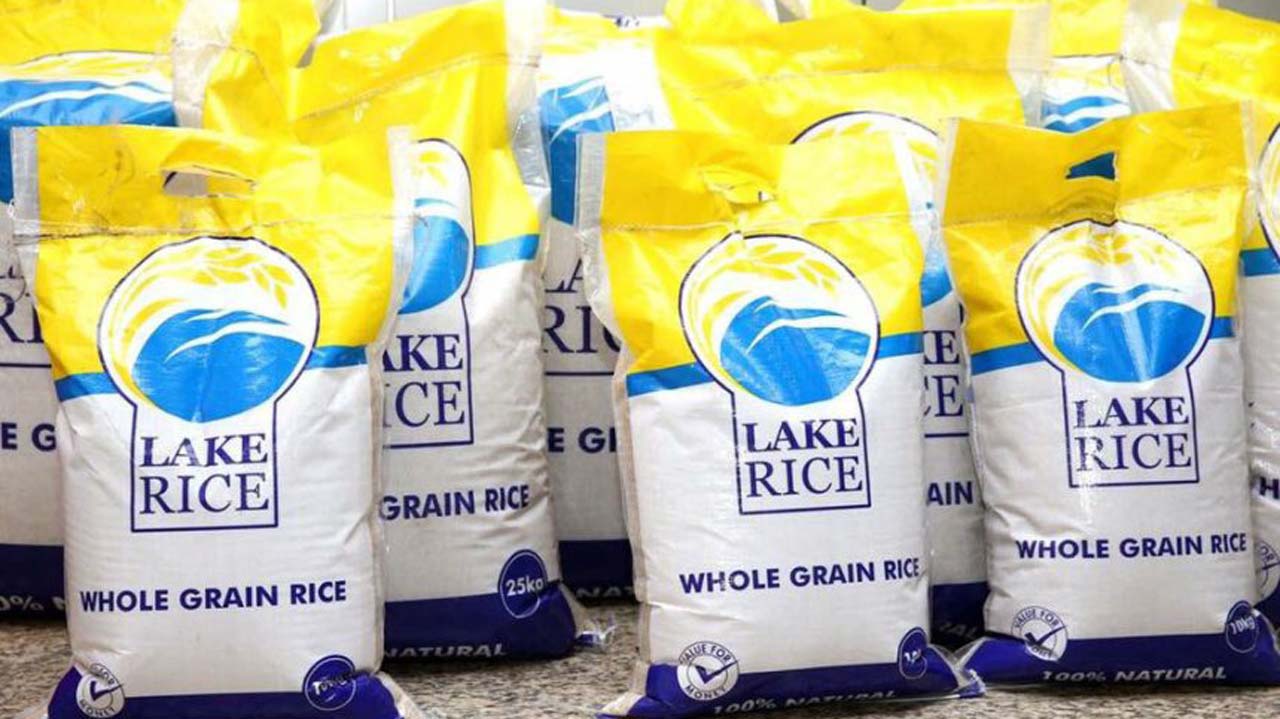
The Lagos State government said it has spent a total of N4.6 billion on the purchase of Lake Rice in the last three years to make the product available and affordable to residents.
It also subsidised the product with N1.049 billion from December 2016 till date, as part of efforts aimed at sustaining food sufficiency and security in the state.
Commissioner for Agriculture, Oluwatoyin Suarau, said this yesterday at the 2018 ministerial press briefing to commemorate Governor Akinwumi Ambode’s third year in office.
He explained that the subsidy include cost of transportation, bagging and differentials in cost of production, adding that the initiative has reduced the increasing price of rice.
While restating Governor Ambode’s commitment to boost rice production, he disclosed that the state had concluded arrangements to acquire and establish a 32 tons per hour rice mill with AG (Bühler), a leading rice-mill producer in the world.
He stressed that the establishment of the rice mill was targeted at enhancing food security and creating employment in the state.
“It is estimated that the partnership would facilitate the creation of 274,000 jobs across the agriculture value chain, and will bring about the cultivation of 32,000 hectares of farmland to produce rice paddy.
“This amounts to an estimated 130 million Kg of processed rice per year, which is an equivalent of 2.6 milion 50kg bags of rice,” he said.
Suarau noted that the establishment of the state-of-the-art rice mill would serve as a platform for Lagos State to partner with other Southwest states besides its existing collaboration with Kebbi State.
This, he added, was in consonance with the region’s resolve to achieve economic integration, ensure that enough rice was supplied to the 32 metric tons per hour rice mill and provide empowerment programmes for farmers across all agriculture value chains.
The commissioner stated that the Ambode administration had embarked on agricultural policies and programmes aimed at enhancing food security in the state, noting that the state has made a lot of efforts to enhance agriculture with the introduction of programmes in vegetable, poultry and cassava farming, as well as various agro-processing programmes for youths.



